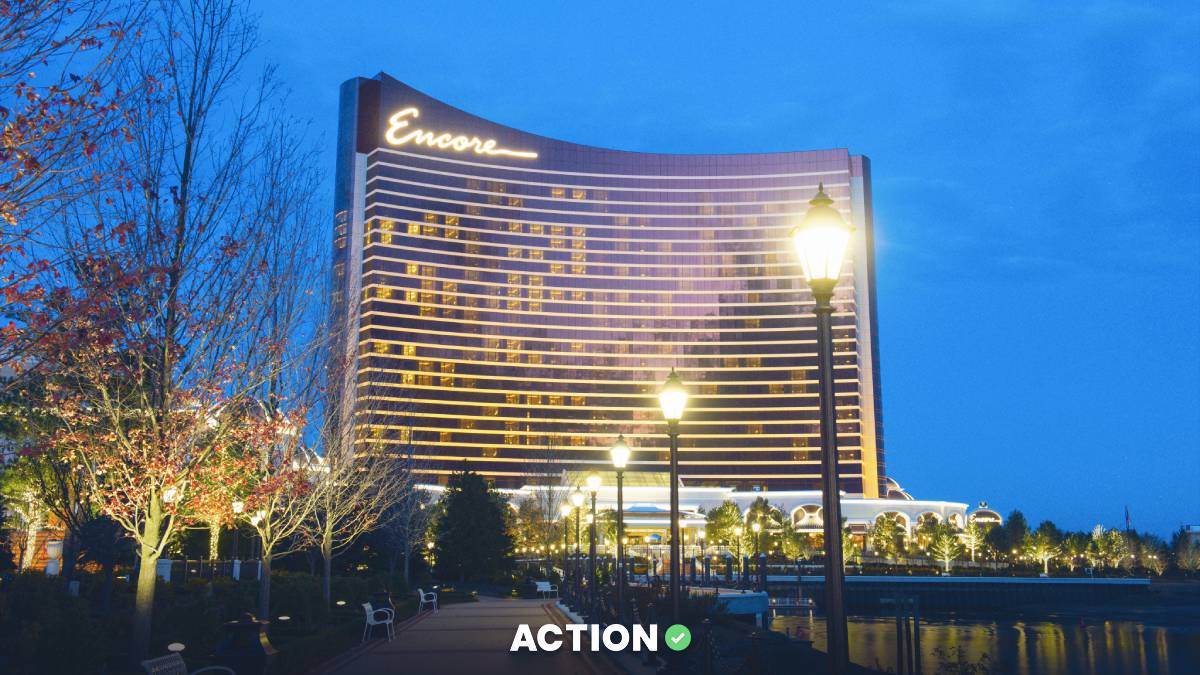In a heated debate unfolding in Massachusetts, the question of whether to legalize online gambling has sparked diverse opinions and strong opposition, most notably from Wynn Resorts.
Wynn, which operates the Encore Boston Harbor, has made its stance against the legalization of online gambling well known.
The company's reservations stem from concerns that online casinos could siphon revenue from its brick-and-mortar operations, thereby impacting the substantial tax contributions it's made—around $1 billion since Encore opened in 2019.
Wynn's approach marks a strategic focus on traditional casino operations, highlighted by their recent decision to shut down their online betting platform, WynnBet.
This move shows that they're choosing to focus more on their physical casinos rather than exploring online gambling options. Ironically, a record-breaking jackpot was recently hit at the Wynn Encore in Massachusetts.
MGM, Draftkings, and FanDuel Support Online Gambling in Massachusetts
On the legislative front, Massachusetts is considering bills to issue 10 online casino licenses, some connected to existing casinos, while others stand untethered.
Rep. David Muradian is the main sponsor of the bill to legalize online casino gaming, highlighting consumer protection and state revenue as key reasons for his support.
Sen. Paul Feeney has introduced companion bills (SD 2240) to broaden online casino gambling, advocating for regulation by the Massachusetts Gaming Commission. Rep. Daniel Cahill has also filed bills (HD 4084, H.332) to legalize and regulate internet gaming in Massachusetts.
Major online gaming players, including DraftKings and FanDuel, alongside MGM Resorts, back the legalization. They see the move as a lucrative opportunity to expand their digital presence in the state.
However, Wynn Resorts is strongly against online gambling because it worries that it will take business away from their physical casinos, which could also reduce the tax money the state gets from these casinos. Wynn executives warn that a drop in tax revenue from Encore Boston Harbor is a key reason they oppose the expansion.

Wynn Resorts Is Not The Only Company Opposing Online Casinos in Maryland
The opposition isn't isolated to Wynn Resorts. Several retail casino operators, like Penn National Gaming, share similar concerns regarding untethered online licenses potentially disrupting traditional casino models.
Union groups have aligned with these casino operators, wary that online expansion might negatively impact union jobs tied to physical casino operations.
Despite this opposition, supportive casinos like MGM Springfield and PENN, which operates Plainridge Park, show a keener interest in blending their existing business models with online prospects. Their backing is partly because their strategies are more integrated with digital platforms, unlike Wynn's focus on in-person gaming experiences.
Wider Implications of Legalizing Online Casinos in Maryland
Beyond the casino floors, advocates for online gambling argue it could generate significant tax revenue—estimated between $230 million and $275 million annually—and potentially curb illegal online gambling activities through state regulation.
They also cite enhanced consumer protection tools as a benefit of legalization.
As the debate continues, Wynn Resorts stands as a key player among critics, effectively influencing discussions about the future of gambling in Massachusetts. The outcome of this legislative showdown could reshape the gaming landscape in the state, either bolstering traditional casino operations or ushering in a new era of digital gaming.
The conversation around the legalization of online gambling in Massachusetts encapsulates a pivotal moment for the state's gambling industry, with Wynn Resorts a prominent figure in defending the interests of traditional casino operations.
As the legislative session nears its conclusion, all eyes are on decision-makers to see how this contentious issue will unfold.









